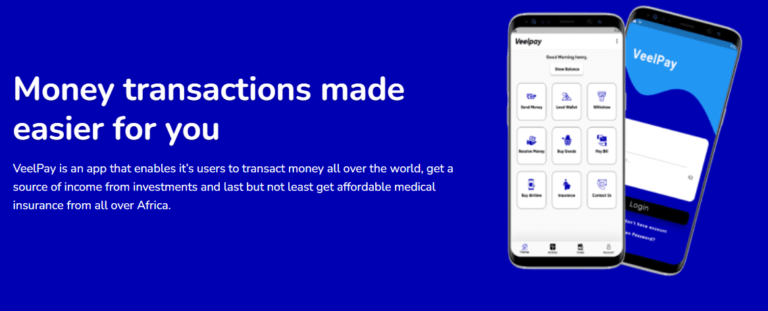Mdundo is looking for more telco partnerships after seeing an increase in music streaming revenue from Tanzania and Nigeria deals

Mdundo, an Africa-focused music streaming service, is counting on more collaborations with telcos across the continent to increase its earnings and user base.
Last year, the company signed agreements with MTN and Airtel in Nigeria, as well as Vodacom in Tanzania, which appear to be paying off, as its user base nearly doubled as it added paying subscribers as a revenue source.
MTN and Airtel Nigeria have a combined customer base of 124.5 million, while Vodacom Tanzania has 15.6 million, providing Mdundo with a large target audience.
“This is a new source of revenue for us.” “When we listed the company in September 2020, we predicted that revenue from this revenue stream would account for 40% of revenue within a few years, and this is still our forecast,” founder Martin Nielsen said.
Mdundo users can listen to music via USSD services on a bundled program (daily, weekly or monthly). The streaming service is also available via its website and app, which has over 1 million downloads.
Mdundo had 1.7 million international songs and 367,000 tracks uploaded by 122,000 African musicians on its platform by December 2021, a 46 percentage point increase from December 2020. Music creators receive more than half of the company’s revenue.
The Nairobi-based company was founded in 2013 and will be listed in the Nasdaq First North Growth Market — a Nasdaq Nordic division — in September 2020 to accelerate its expansion across Africa. Its user base has grown from less than one million in 2016 to 13.8 million by the end of 2021. It is planning to grow its user base past 18 million by mid this year.
According to Nielsen, paying subscribers accounted for 14 percent of Mdundo’s earnings in 2021, while advertising revenue from its free streaming service increased by 63 percent after the company established sales teams in Nigeria and Tanzania to rapidly expand its commercial operations beyond Kenya.
“We are rapidly expanding our commercial operations outside of Kenya.” This allows us to be closer to advertising clients across the continent, raising awareness and educating them about our distinct advertising formats and reach,” he explained.

The company is also increasing its commercial focus on Ghana and Uganda, and it expects higher revenue growth this year as a result of a new advertisement deal that quadrupled its monthly revenue from displayed advertisements to DKK225,000 ($34,581).
Its overall income is also increasing, more than doubling to DKK 2.5 million ($382,900) in the second half of 2021 when compared to the same period the previous year. Overall, it anticipates a 400% increase in revenue in its next fiscal year.
“The revenue growth is a result of expanding our sales operations into new markets,” Nielsen explained.
There are more than 20 music streaming services available in Africa, including Sweden’s Spotify, which is available in 44 African countries after expanding to an additional 38 last year. Another popular streaming service is Boomplay, which is based in Nigeria, and Songa, which is owned by Kenya’s telco Safaricom.
Nielsen, on the other hand, is unconcerned about new market entrants, noting that he is more concerned about the prevalence of music piracy in Africa than anything else. In 2020, it collaborated with anti-piracy experts Audiolock to remove infringing links to African music from unlicensed websites.
“We still see the biggest competition to our service as illegal consumption of music across the continent. This is still where the vast majority of people across Africa get their music from, unfortunately, and we aim to provide a great alternative to this.”







